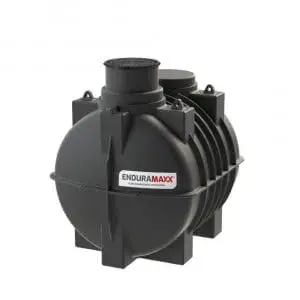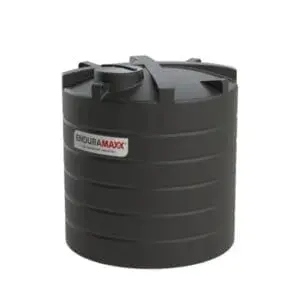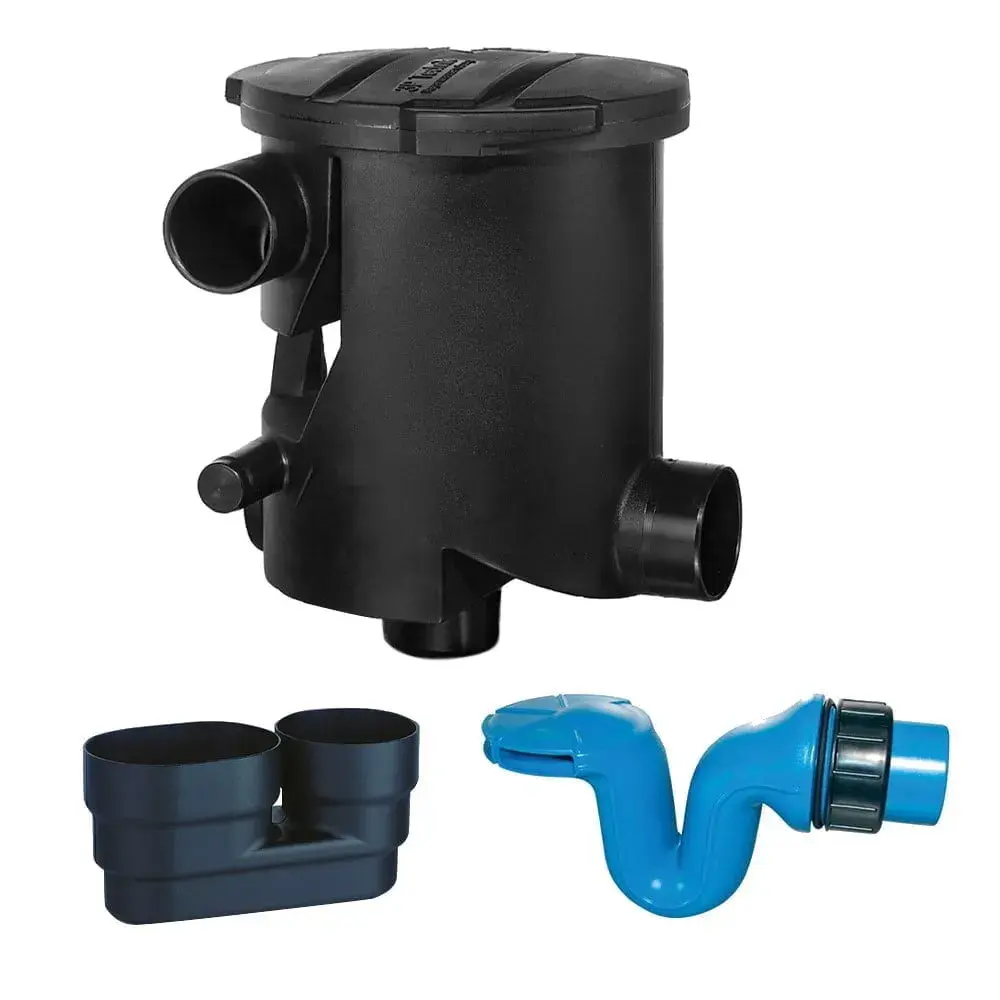The food industry relies on clean water for many applications. As well as being an ingredient, water is used for the all-important cleaning – and we know that hard water makes cleaning difficult as the detergents cannot work a swell – and limescale deposits affect the water flow in pipes and the machinery. Yet the industry needs water for growing and irrigating food, washing and fluming, using brine or making ice.
The quality of water used in the food industry affects our health. When the food is contaminated - whether by particles such as metal or glass or by pathogens, it undermines our health and hence the quality of our lives.
There are stringent regulations affecting all parts of the food processing industry. When water is an ingredient of food it naturally has to conform with potable water standards.
What is hard water?
The water quality depends upon the source of the water. Has it fallen on chalk or limestone, which gives up calcium and magnesium ions to the water, making it “hard”?
How do we measure water hardness?
We measure the hardness of the water in parts per million or grains per gallon.
- 0-60 ppm is soft.
- 60-120 ppm is moderately hard.
- 120-180 is hard.
Over this level is very hard.
Why is soft water needed in the food industry?
When we produce food, we use water in four main ways:
- primary production.
- cleaning and sanitation.
- processing operations.
- as an ingredient of the food.
The hardness of the water can alter the flavour, give it a strange smell and make it taste odd. And there are some food products that do not dissolve satisfactorily in hard water.
Advantages of soft water for cleaning in the food industry
Cleaning in the food industry must be thorough, it means completely removing soil and other debris. This starts by flushing off the visible excess. Equipment, machinery, instruments, plants and the people handling the process need to be clean. And 95-99% of the cleaning uses water.
But hard water affects the ability of the detergents used to clean properly. More detergent is needed than when the water is soft. Scaling of pipes and machinery happens when calcium is deposited as film or precipitates, making them less efficient. Hard water costs money and time.
What is softened water?
Mains water often contains calcium and magnesium ions, especially when it comes from a hard water area. Water softeners remove these ions, and a water softener unit is often connected directly to the water supply.
Hard water needs treating with a water softener before it can be used for cleaning or food processing. The chemicals used as water softeners work as sequestering agents or chelating agents. They react with calcium and magnesium to form soluble complexes, thus reducing the levels of free calcium and magnesium in the water.
When water treatment is inadequate, it can become contaminated by micro-organisms that grow on the limescale deposits.
How is the water softened?
The minerals that make water hard can be removed in three ways:
- Chemical
- Membrane separation softening: Nanofiltration
- Cation exchange. Inorganic, or organic base exchangers.
How softened water should be stored.
It’s crucial to provide water tanks that do not contaminate the softened water. They must be made from a chemically inert material.
Storage of soft water & softened water tanks
Enduramaxx tanks are made from rotationally moulded plastic, the material is inert and provides a safe place for storing softened water. The tank is made on one piece so there are no joints to leak and the smooth surface makes cleaning them easy. The material is UV stabilised are available in 45 sizes from 50 litres to 30,000 litres.
Other tanks which are used include CIP Conical Bottom Tanks and conical purified water tanks as well as salt saturation tanks and brine tanks.
The tanks come with a lid for ease of access. You can see our range of vertical tanks here, and we can customise the fittings and flanges, weld sockets and overflow pipes in place. You can add bolt-down feet to keep it securely in place. We are happy to discuss your needs if you give us a ring on 01778 562810.
Posts By Topics
- Blog (303)
- Chemical Storage Tanks (118)
- Chemical Dosing Tanks (114)
- Chemical Tanks (114)
- Water Tanks (58)
- Rainwater Harvesting Tanks (43)
- Vertical Rainwater Tanks (31)
- Vertical Storage Tanks (31)
- Cone Bottom Tanks (19)
- Conical Cone Tanks (18)
- Rainwater Harvesting (17)
- Water Bowsers (15)
- Horizontal Tanks (14)
- Potable Water Tanks (13)
- Farming (9)
- Case Studies (8)
- Industrial Storage Tanks (7)
- Liquid Fertilser Storage Tanks (6)
- WRAS Approved Potable Tanks (6)
- Wine and Beer Production (6)
- Horizontal Transport Tanks (5)
- Microbrewery (5)
- Rainwater (5)
- Category 5 Break Tanks (4)
- Cider Production (4)
- Mixer Tanks (4)
- Molasses Tanks (4)
- Polyethylene tanks (4)
- Rainwater Filter Kits (4)
- SPECIALIST & BESPOKE TANKS (4)
- Bunded Tanks (3)
- Slimline Tanks (3)
- WRAS Approved (3)
- Clarification Tanks (2)
- Crosslinked Polymer Tanks (XLPE) (2)
- Fertiliser Tanks (2)
- Sump Tanks (2)
- Tank Installation (2)
- Water Butt (2)
- underground water tanks (2)
- ACCESSORIES & FITTINGS (1)
- ATV & UTV SPRAYING UNITS (1)
- Above Ground Effluent Tanks (1)
- Bespoke Tank Frames (1)
- Category 5 Turret (1)
- Caustic Soda Tanks (1)
- Closed Top Bunded Tanks (1)
- Craft beer (1)
- Effluent Tanks (1)
- Enduramaxx (1)
- Ferric Chloride Tanks (1)
- Fire Safety Regulations (1)
- Fire Sprinkler Water Storage Tanks (1)
- Industrial Water Tank (1)
- Open Top Bunded Tanks (1)
- Open Top Cone Tanks (1)
- Open Top Vertical Tanks (1)
- Polyethylene Potable Water Tanks (1)
- Polyvinylidene Fluoride (PVDF) Tanks (1)
- Polyvinylidene Fluoride Tanks (PVDF) (1)
- Pressure Washers (1)
- Pro Series Spot Sprayers (1)
- RWH (1)
- Sodium Hydroxide Storage Tanks (1)
- Sprayer Fill-up Tanks (1)
- Uncategorised (1)
- liquid fertiliser tank (1)
Sign up to the newsletter
enduramaxx.marketing
Related Posts
Role of Chemical Dosing and Flocculants in Wastewater Treatment
Flocculants are used in a process called flocculation, which is the separation of a solution,...
Now Is The Time To Plan And Install Your Rainwater Harvesting System!
Rainwater is free and by harvesting this resource for our own use we not only provide ourselves...
What Is Reverse Osmosis
What Is Reverse Osmosis – Reverse Osmosis is based upon the fundamental pursuit for balance. Two...
Related Products
From £1,080.00 inc. VAT
£900.00 exc. VAT
From £1,344.00 inc. VAT
£1,120.00 exc. VAT
From £768.00 inc. VAT
£640.00 exc. VAT
£480.00 inc. VAT
£400.00 exc. VAT





